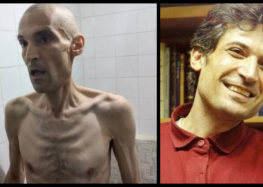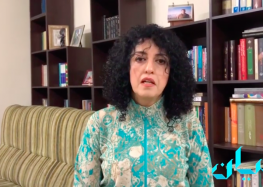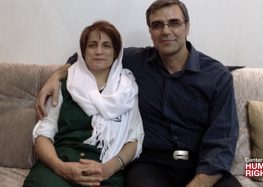Reign of Evin Prison’s New Director Begins with Denial of Political Prisoners’ Rights
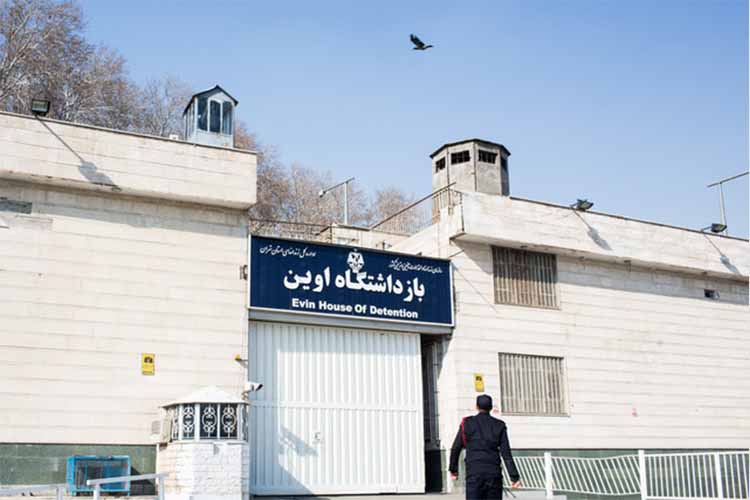
Female Prisoners of Conscience Denied Phone Contact with Children
The appointment of Gholamreza Ziaei, former director of two disreputable prisons in Iran, as the new chief of Evin Prison on July 27, 2019, has been followed by unlawful restrictions against political prisoners, according to investigations by the Center for Human Rights in Iran (CHRI).
Ziaei was in charge of the Kahrizak Detention Center when at least five detainees who had been arrested at Tehran’s 2009 mass street protests died after being tortured.
For two years, before taking charge of Evin Prison in Tehran, Ziaei was the director of Rajaee Shahr Prison in Karaj, west of Tehran, where there have been numerous protests by political prisoners demonstrating against abuse and inhumane living conditions.
On October 8, 2019, civil rights activist Farhad Meysami and teachers’ rights activist Mohammad Habibi, two prisoners of conscience held in Evin, signed an open letter declaring their refusal to abide by “arbitrary rules.”
“Given the numerous flagrant violations of prison regulations and other laws regarding the rights of prisoners, as well as the prison director’s refusal to respond to the prisoners’ repeated requests to discuss matters, from now on we will not feel obliged to comply with your arbitrary rules,” the letter said.
Meysami and Habibi added that in response to new limits on their phone calls, restrictions on political prisoners’ visitation rights including blocked visits between children and their imprisoned mothers, and a ban on receiving books and publications, they will no longer respond to roll calls or attend morning assembly.
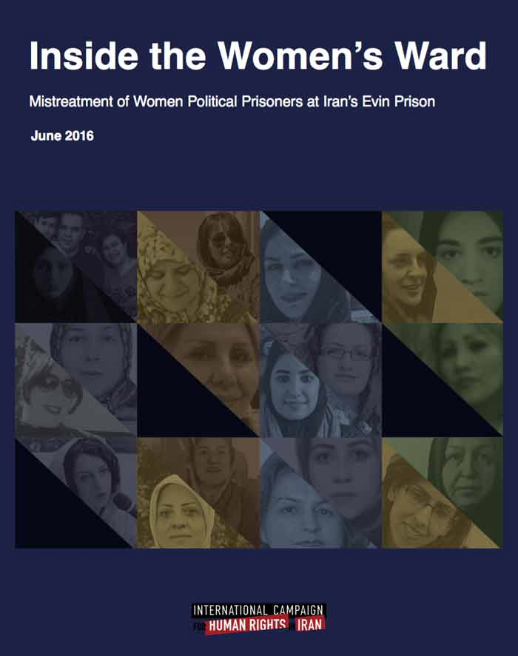
Inside the Women’s Ward: Mistreatment of Women Political Prisoners at Iran’s Evin Prison
“From now until you promise to observe the prisoners’ human and legal rights, we will not obey your so-called prison rules,” they wrote.
Two days after the letter was published, the Campaign for the Defense of Haft Tappeh Prisoners (CDHTOP), an organization that advocates for the rights of imprisoned workers’ rights activists in Iran’s Khuzestan Province, reported that at least 16 other political prisoners in Evin Prison’s Ward 4 had joined the protest.
Prominent female human rights advocate Narges Mohammadi is among the prisoners of conscience who prison authorities have blocked from contact with their family.
“It has been two months since they cut her phone calls to our children,” Mohammadi’s husband, Taghi Rahmani, told the Center for Human Rights in Iran (CHRI) on October 12, 2019.
Rahmani, a political activist, lives in exile in France with their 12-year-old twins Kiana and Ali.
He added: “At the same time, they are refusing to transfer her [outside the prison] for medical treatment and they won’t accept her requests for books. The excuse for denying these simple things is that the [Tehran] prosecutor and the head of the prison have changed. But Narges needs regular medical attention and she should be able to talk to her kids. That’s the kids’ right.”
“Family contact” is considered a prisoner’s right—not a privilege—by the United Nations.
Rule 23 of the UN’s Rules for the Treatment of Women Prisoners and Non-Custodial Measures for Women Offenders (known as the Bangkok Rules), states: Disciplinary sanctions for women prisoners shall not include a prohibition of family contact, especially with children. Rule 26 also stipulates that “Women prisoners’ contact with their families, including their children…shall be encouraged and facilitated by all reasonable means.”
Journalists and married couple Amirhossein Mohammadifard and Sanaz Allahyari, also in Evin Prison, have meanwhile been denied the right to visit each other.
In protest, Mohammadifard has threatened to go on hunger strike, the CDHTOP reported.
In a tweet on August 29, 2019, Sedigheh Pakzamir, a board member of the Iranian Teachers Association, described some of the restrictions the prisoners are facing.
“Since Ziaei’s appointment as the new head of Evin Prison… he has ordered the cancelation of the political prisoners’ weekly visits and instead changed it to once every two months,” Pakzamir wrote.
He added: “In another move, prisoners’ families have been banned from sending books and magazines [to their imprisoned loved ones]. The political prisoners have been banned from participating in the management of the prison’s internal affairs and cannot be chosen as representatives of their ward… There are restrictions that extend beyond the political prisoners in clear violation of the rules. For instance, prisoners now have to pay for all medical expenses and as a result, ailing prisoners with no means will not be transferred to the hospital.”
Article 180 of the State Prisons Regulations states that “all prisoners and suspects have the right to be in contact with their relatives and associates under complete supervision in accordance with regulations.”
Article 182 states, “Spouses, parents, siblings and children of convicts or suspects… have the right to weekly visits with prisoners in accordance with regulations. Other relatives and friends can visit prisoners upon written requests and approval of the head of the prison or a presiding judge.”
According to Article 175, prisoners can be denied a “maximum of three visits” by the prison’s disciplinary committee.
Read this article in Persian.

